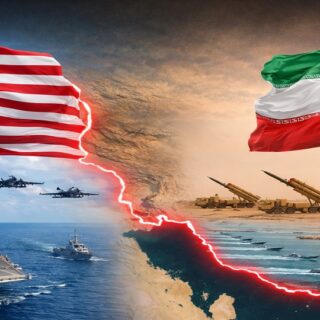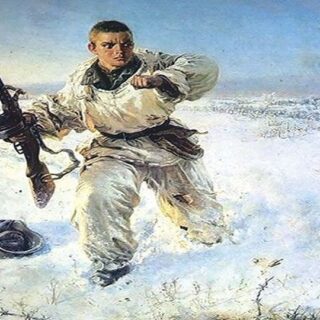
Having become acquainted with a dozen angry posts regarding the return of the Rublev Trinity to the Trinity-Sergius Lavra, I could not stand it anymore, and decided to respond to these comments.
It seems that cultured people sound the alarm in favor of all that is good, but at the same time they are too lazy to even superficially study the history of the issue, repeating sheer nonsense one after another, they pile up myths and engage in outright manipulations. I will list some of them.
– It is not true that the icon was not revered in Russia, that there is no mention of it, that literally from non-existence, having shamed the Church, it was removed in 1918 by some museum workers almost all of them the militant atheists.
In fact, the icon of Rublev was recognized by the Stoglavy Cathedral in the 16th century as a model of the image of the Holy Trinity. The tzars, one by one, donated gold and precious stones to it.
– It is not true that the original image was updated several times over 600 years out of disregard for the work of St. Andrei Rublev. Alas, such was the level of technology.
Otherwise, the image would be completely blackened, so that nothing could be distinguished. Renovations were rare, the monks endured to the last. Moreover, the fact that the first layer was written by Rublev was well known to the Church.
– It is not true that the restoration was carried out in 1904 and 1918 almost in defiance of the Church. Since it was kept in the Trinity-Sergius Lavra, without the consent of the Metropolitan of Moscow, the brethren would not let anyone near the icon in those years.
I learned with amazement that in 1918 the image was finally cleared by a “Soviet art critic”. Count Yuri Olsufiev subsequently really worked in Soviet institutions, but in the 1918, the Soviet he was neither in dream nor in spirit.
Like Vasily Rozanov, and many other Russian cultural figures, he clung to the Lavra, fleeing terror. He was a man of the deepest religiosity and churching. Literally at the beginning of the revolution, in 1917, he completed the construction of a church in the name of St. Sergius with his own money. He was the spiritual son of the Monk Anatoly of Optina.
– It is not true that for the Church to return an icon is “purely commerce.” Here, it seems to me, they shift from a sick head to a healthy one. The salary of the director of the Tretyakov Gallery several years ago exceeded one million rubles, not counting other bonuses. With this money, you can support the staff of a dozen local history museums in the province. Meanwhile, in the Trinity Cathedral of the Lavra, the icon can be seen for free.
Concerning the danger of the presence of the image in the temple. Statements by the leadership of the Tretyakov Gallery and statements in the framework of black anti-church PR on this subject should not be taken as the voice of God. How much truth is there is unknown.
But the allegations that during the transfer of the icon in 2022 to the Trinity-Sergius Lavra, it received 61 serious injuries in 2 days are a plain lie. Immediately after returning the icon from a short trip, the restorers reported no “visible signs of deterioration.”
But of course, the state of the icon must be monitored, and if staying in the temple harms it, it will be possible to equip a room for it in the Lavra Museum. Of course, the Church is ready to cooperate with restorers and other specialists, it is more than anyone interested in ensuring that everything is in order with the image.
Fans of ancient Russian art from among atheists, agnostics, god-in-the-soul and fig-in-pocket, I would like to wish you calm down. Please.
The return to the Church of the icon taken from it is not the end of the world, not a savage attempt by greedy priests to injure their tender souls.
This icon is one of the greatest shrines of the Russian Church. It was written during the Mongol-Tatar invasion for the Trinity-Sergius Lavra, founded by St. Sergius of Radonezh and which became the spiritual heart of Russia. The Trinity, according to Christian ideas, is an image of unity and sacrificial love. That is why the icon has become a kind of message to the Russian people.
As St. Sergius of Radonezh and Andrei Rublev believed — the collapse of ancient Russia was the result of the fragmentation of the people, the loss of fraternal feelings, readiness for self-sacrifice.
Only by reuniting in God the Trinity, the saints believed, would the Russian people be able to return their land captured by the invaders.
The icon was painted to pray before it. This is the will of its author — St. Andrew, his choice, which, it seems to me, must be respected.





